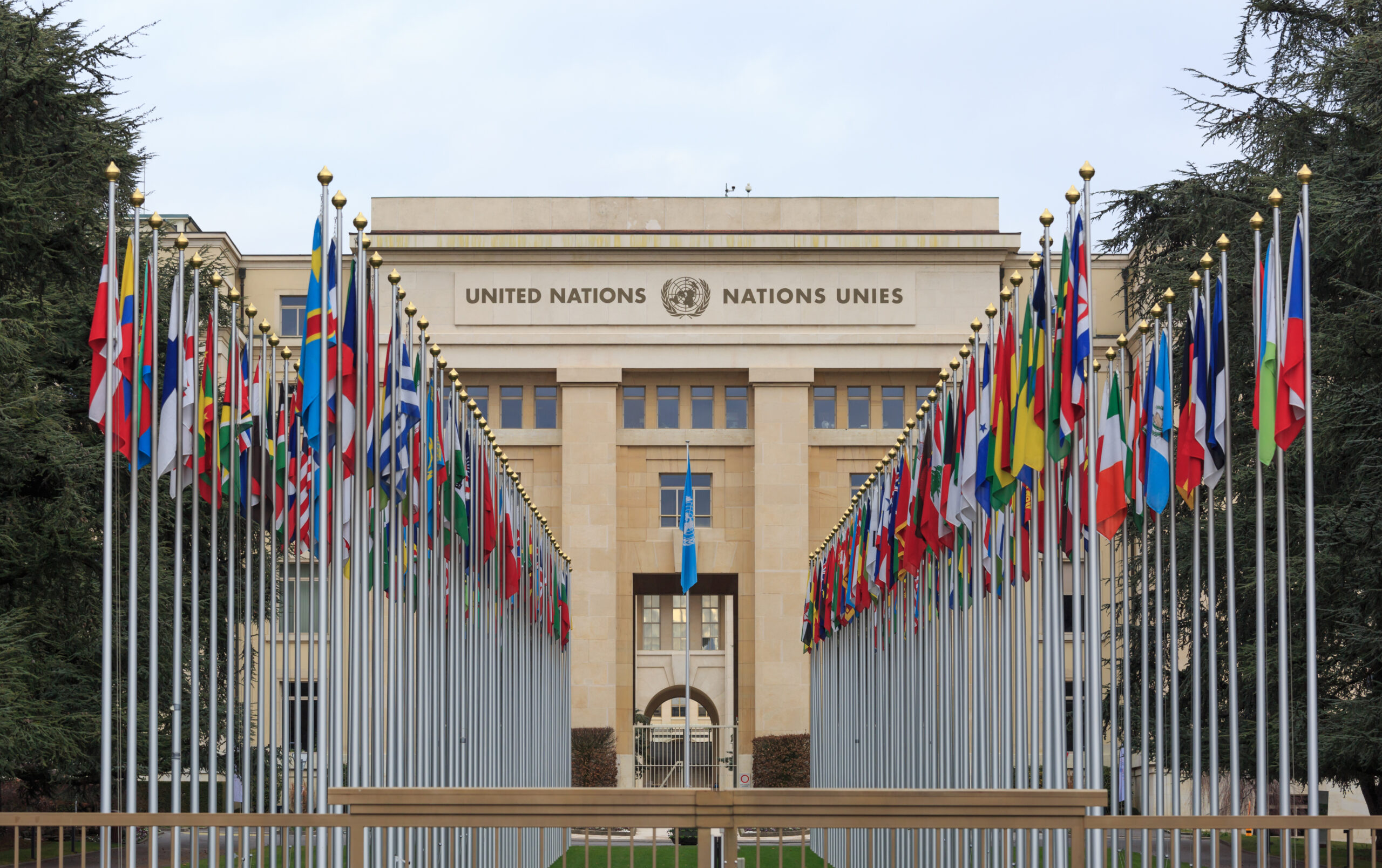Upcoming Biden Administration Initiative for the Future of the Global Internet

Earlier this month, it was reported that the Biden Administration is planning to unveil an initiative at the upcoming Summit for Democracy for a global alliance for Internet freedom. The Alliance for the Future of the Internet would seek to provide an “affirmative, positive agenda for the future of the global internet.” The reported discussion document states that this initiative “recognizes that while some nations continue to adhere to the mutually advantageous principles, others have effectively defected from that original understanding, taken unilateral advantage of the Internet’s original vision, and now regard the network primarily as a tool of state power.”
While many details remain to be unveiled, there is no doubt that an updated approach is needed to combat rising digital authoritarianism. Unfortunately, we are seeing a rapid acceleration of censorship requirements and other protectionist measures aimed at technology companies, both in markets like China, Russia, and Turkey but also in some democracies. Freedom House recently found that 48 countries over the past year have pursued rules on content, data, and competition – and that many of these regulations have been “exploited to subdue free expression and gain greater access to private data.”
If the Alliance is formed, then democratic governments should use it not just to address censorship in authoritarian countries, but also to ensure that democracies themselves are not inadvertently building regulatory templates that assist authoritarian rivals, as we have seen with measures like the Digital Markets Act. To achieve this goal, the Alliance should support principled approaches to technology governance and regulation while avoiding excessive rhetoric on platform regulation or competition that could be used to excuse or greenlight overreaching and discriminatory regulation from democratic allies.
The Internet services and technology sector is on the front lines worldwide in the battle against government censoring, filtering, and blocking of Internet content. The use of censorship and other content restrictions to deny market access has long been the case in restrictive markets like China, but it is becoming increasingly common in emerging digital markets as well as some traditional large trading partners, and it is being accomplished through a wider range of tools and methods.
Companies face an increasingly hostile regulatory environment in a variety of international markets which impedes Internet companies of all sizes from expanding their services abroad and has a direct effect on their users. In India, policymakers and political leaders have increased censorship practices and restrictions on companies that fail to take down content political leaders deem “objectionable”. Turkey’s 2020 Social Media law expands government control of free speech online in the country. Russia continues to impose new obligations on companies to comply with takedown demands from government authorities.
As DisCo covered previously, one of the most explicit barriers to digital trade is the outright filtering and blocking of U.S. Internet platforms and Internet shutdowns, a trend that continues to grow. Access Now documented over 50 Internet shutdowns in 21 countries just in the first five months of 2021. Further, initiatives like Cambodia’s National Internet Gateway and related measures illustrate how China’s model of Internet restrictions is influential.
There has also been a rise in online content restrictions and regulations that can invoke both direct and indirect censorship concerns. Some of these regulations are in pursuit of legitimate and valid goals to address illegal content online; however, some proposals directly conflict with free expression values. For example, Canada’s recently proposed Online Harms Rules have been criticized for the potential impact to free speech with ill-defined parameters on “harmful” content that must be removed. Rules like this have a potential chilling effect on human rights and future investment, and risks of over-removal and censorship of legitimate content.
There are also increasingly trends in foreign content regulations that require companies to:
- remove speech that may be legal within a country but that conflicts with vaguely defined norms about “harmful” content;
- adhere to broadly defined “duties of care” that require general monitoring of all user content posted to an Internet service;
- break encryption by enabling the “traceability” of originators of content;
- pre-install, give preferential treatment to, or provide data to foreign technology companies that may restrict speech or surveil users in a manner that conflicts with U.S. law and values; and
- designate local employees that will be subject to imprisonment in cases of noncompliance with a local content requirement.
Context and how certain rules are being enforced in a market are important when evaluating regulations pertaining to removal of online content and may determine risk of censorship and potential trade-distortive practices. There is also a risk of domino effects of certain content rules – for example, Germany’s flawed 2017 NetzDG law has served as inspiration for more concerning approaches to content removal laws.
Further, government censorship practices clearly have trade-distorting effects well beyond the services directly involved. When a service is blocked, it is not only harmful to the service and users in question, but it also immediately affects content providers, advertisers, and small businesses using the service to find and interact with new and existing customers. One study found that countries lose $23.6 million (per 10 million in population) for every day that the Internet is shut down. Often these practices conflict with international trade commitments, including those on national treatment, non-discrimination, and market access under the General Agreement on Trade in Services (GATS) and applicable regional free trade agreements.
This is why the actions by the U.S. the International Trade Commission to investigate foreign digital censorship and surveillance, in response to a request from Senator Grassley and Senator Wyden, is both timely and necessary. A number of public interest groups such as the Center for Democracy and Technology, Ranking Digital Rights, and the Information Technology and Innovation Foundation have all filed comments in this investigation, in addition to industry participation. A core theme across multiple submissions is that the study must evaluate the impact globally, not just with respect to China.
Aligned and coordinated democratic nations can take on this global challenge while also staying true to democratic principles and pursuing the valid goal of addressing harmful and illegal content online. Through initiatives like the forthcoming Alliance for the Future of the Internet democratic governments should develop a comprehensive strategy to advance an alternative, positive approach to content and Internet freedom issues. Through the use of trade tools and other strategic engagements countries should commit to craft regulatory frameworks that (1) follow good regulatory practices; (2) limit unintended consequences, especially those that impact online speech; and (3) comply with trade commitments with respect to market access and nondiscrimination principles.








